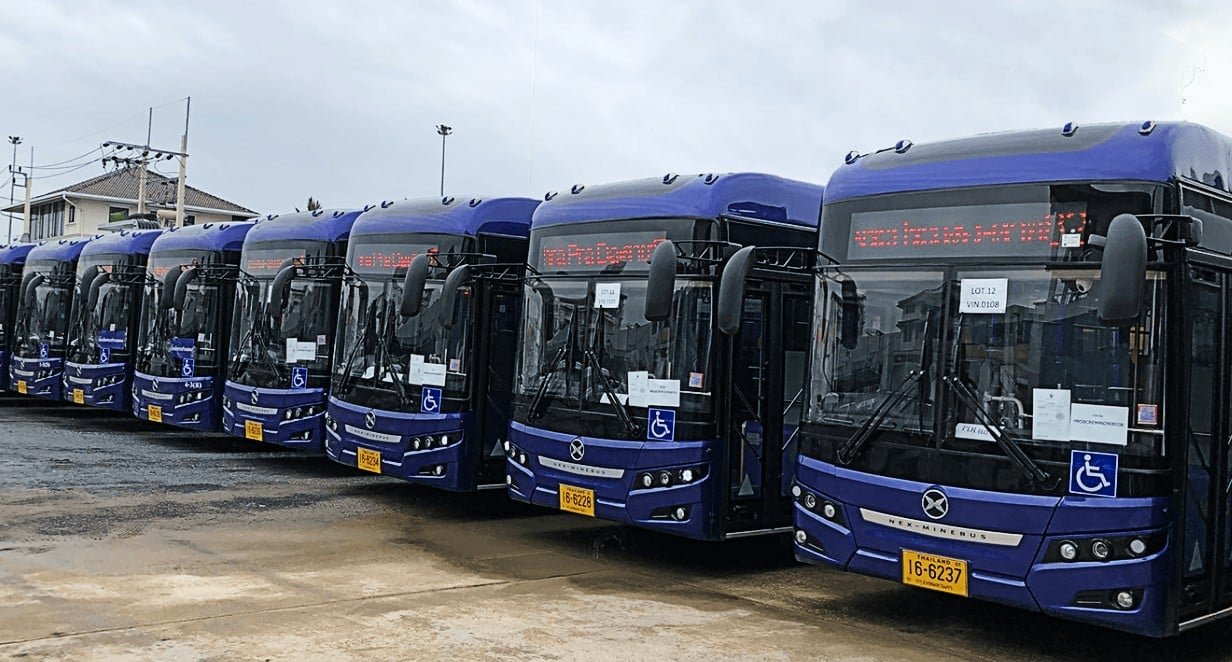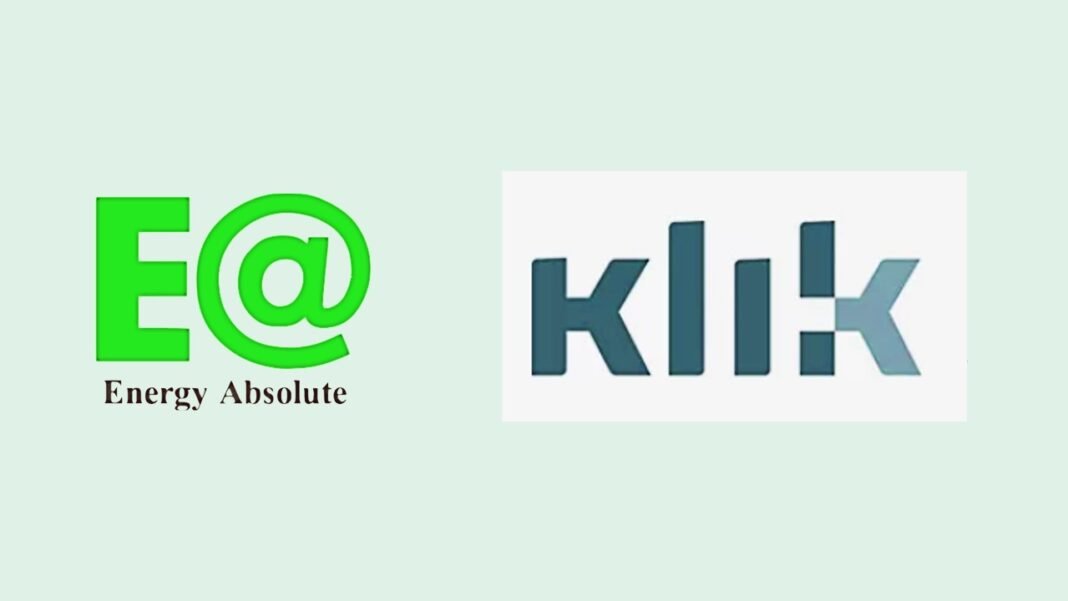A Thai electric bus operator announced the sale of the initial carbon offsets under a new system established by the Paris Agreement to a Swiss fossil fuel group. Their deal marks a significant milestone in the implementation of the 8-year-old United Nations climate accord.
The Paris Agreement, formulated in 2015, permits governments and corporations to offset a portion of their greenhouse gas emissions by funding initiatives that mitigate climate pollutants elsewhere.
These offsets are converted into carbon credits, each representing the reduction of one metric ton of carbon dioxide (CO2) emissions.
Unlocking Carbon Offsets with Thailand’s Electric Bus
In December, Switzerland’s KliK Foundation, representing fuel importers, finalized the inaugural purchase of 1,916 carbon credits from Thailand’s Energy Absolute. This groundbreaking transaction demonstrates the potential of a nascent market for carbon credits.
Switzerland stands out as an avid supporter of bilateral credit trading as stipulated in article 6 of the Paris Agreement. The recent transaction is part of a broader pact inked between Switzerland and Thailand in the first months of 2023.
Although the credits obtained will eventually be used in government strategies, private entities are responsible for executing the project. South Pole, a prominent Swiss firm recognized as one of the global leaders in trading carbon credits, coordinated the project. The seller has encountered controversy in the past year, stirring discussions and debate within the industry.
Energy Absolute is responsible for generating the credits by deploying a fleet of 4,000 electric buses in Bangkok. The electric units replace the conventional petrol-fueled vehicles, avoiding the release of CO2 which produces the offsets.

Though the exact value of the credits sold wasn’t disclosed, the Thai firm said that the credit price exceeded $30. Their partnership is shaping the Paris Agreement market, pending finalization of the UN rules at COP28 in Dubai last year.
The evolving nature of these regulations means that both Energy Absolute and KliK, along with regulators in their respective countries, can influence this burgeoning market. However, it also presents the risk of needing to revise their agreement once the final UN rules are out.
Switzerland’s Emission Trading Strategy
KliK’s managing director, Marco Berg, emphasized the complexities involved in being pioneers in this area, citing substantial effort and costs.
The Swiss government mandated fuel importers to offset a progressively increasing percentage of their emissions. They can do that either domestically or through Paris Agreement-compliant credits, leading KliK to engage in this transaction.
KliK has committed to purchasing offsets for up to 1.5 million metric tons of carbon dioxide emissions until 2030 from Energy Absolute. That’s only a fraction of the 20 million credits it expects to purchase by the decade’s close.
- In comparison, Switzerland aims to offset roughly 40 million Mt of CO2 abroad through 2030 to fulfill its climate objectives.
Despite their utility, some environmental advocates criticize carbon offsets, contending that they promote pollution instead of focusing on its eradication.
They doubted the integrity of the credits, claiming they’re not additional, meaning the project would still pursue without the offsets.
But an independent carbon market consultant, Mischa Classen, disputed the claim. Classen noted that Thailand lacks a specific policy directive that supports private bus operators in transitioning to electric vehicles.
Moreover, a spokesperson representing the Klik Foundation said that the additionality issue is purely speculation. They further noted that Energy Absolute relies on the financial backing provided through the purchase of credits to ensure the project’s viability.
Additionally, a spokesperson from the Swiss Federal Office of the Environment (FOEN) emphasized that only offsets leading to additional emissions reductions would receive approval. They highlighted that thorough verifications are conducted in collaboration with the environmental authority of the host country.
Overcoming Paris Agreement Roadblocks
Despite ongoing uncertainties regarding the regulatory framework governing this mechanism, Switzerland persists in advancing these agreements.
Discussions about article 6.2 of the Paris Agreement faced a deadlock during COP28 due to a contentious disagreement over carbon offset integrity. The European Union advocated for stringent regulations, while the USA pushed for greater flexibility.
Although negotiators aim to broker an agreement during COP29 in November, countries have the liberty to proceed with their agreements under the initial rulebook formulated in Glasgow.
Classen underscores that Switzerland’s inaugural transaction contributes positively to the growing consensus among nations with genuine interest in Article 6. He added:
“It is the final result of a long, hard process and it is not a decision you can just switch on or off. You need well-designed bilateral agreements setting minimum standards and a lot of political labor to establish carbon market regulations. The case of Thailand shows that it’s possible.”
Anticipating a substantial portion of its emission reductions by 2030 to be achieved through overseas projects, the Swiss government continues its efforts in this direction.

